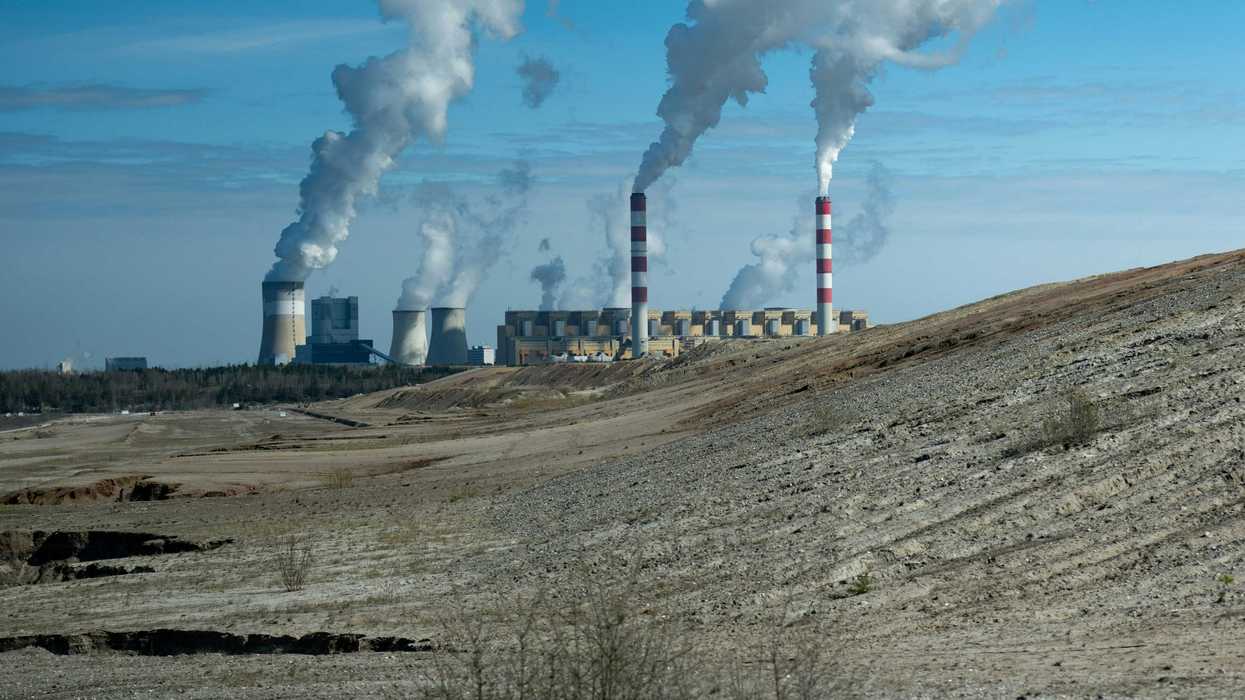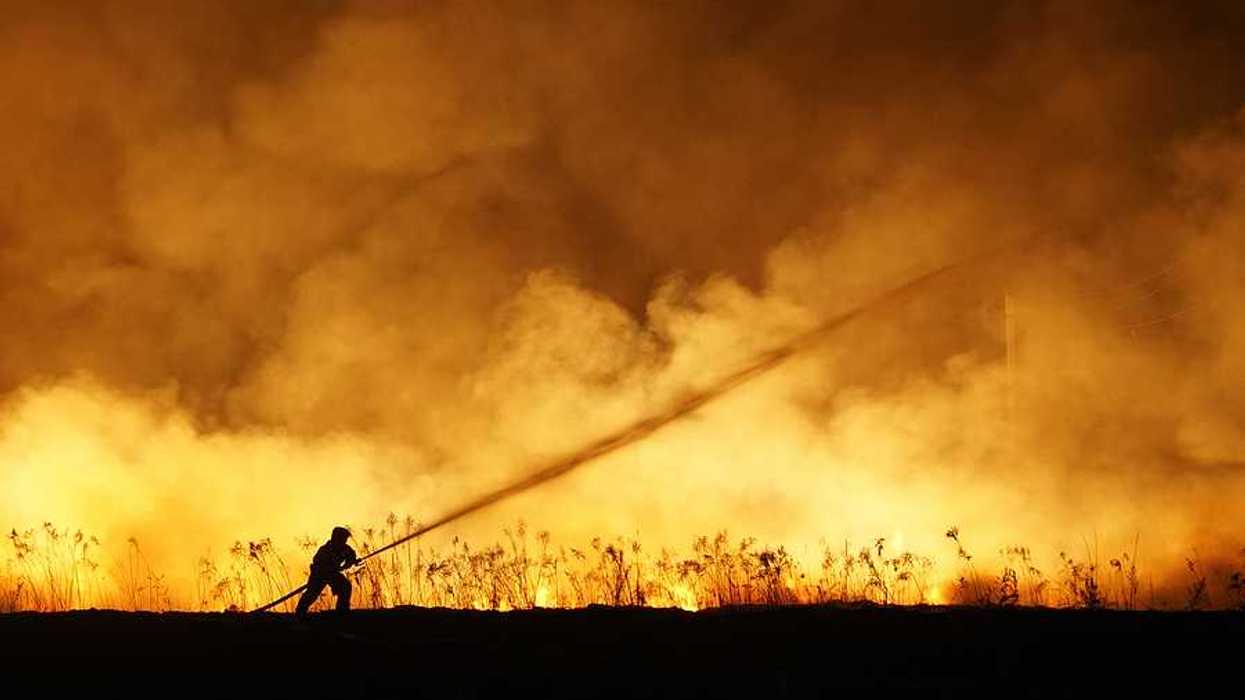A South Carolina judge has ruled that Charleston cannot use state tort and consumer laws to pursue oil companies over climate-driven flooding, saying the dispute belongs in federal court.
Karen Zraick reports for The New York Times.
In short:
- Judge Roger M. Young dismissed the 2020 complaint, which accused nearly two dozen fossil-fuel firms of a decades-long climate disinformation campaign and sought funds for adaptation work.
- Citing a 2021 Second Circuit precedent, Young said greenhouse-gas harms are governed by “a complex web of federal and international law,” and that allowing state law claims would create conflicting obligations.
- About three dozen similar suits are pending nationwide; while supreme courts in Colorado, Hawaii, and Massachusetts let cases proceed, courts in Baltimore, New Jersey, and Pennsylvania have issued dismissals.
Key quote:
" ... virtually anyone could be a plaintiff — and a defendant — in what would effectively amount to a perpetual series of lawsuits that reset after every storm."
— Judge Roger M. Young, South Carolina Circuit Court
Why this matters:
Charleston’s fight spotlights a widening gap between the speed of climate impacts and the pace of federal regulation. Coastal cities along the Atlantic are already spending tens of millions elevating roads, fortifying drinking-water systems, and relocating residents as tide lines creep higher. Fossil-fuel combustion remains the dominant source of the heat-trapping gases driving those changes, but the short-term health toll often lands first: hotter nights that worsen cardiovascular stress, mold outbreaks after floods, and chemical releases when storm surge reaches industrial sites. If individual municipalities cannot recover adaptation costs in local courts, taxpayers may ultimately shoulder an escalating bill even as emissions stay on a national policy track.
Learn more: Charleston climate case sparks national security debate in federal court
















